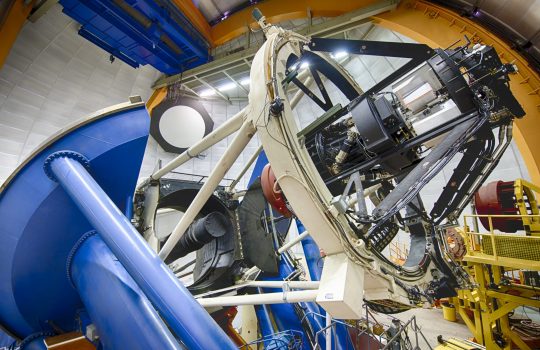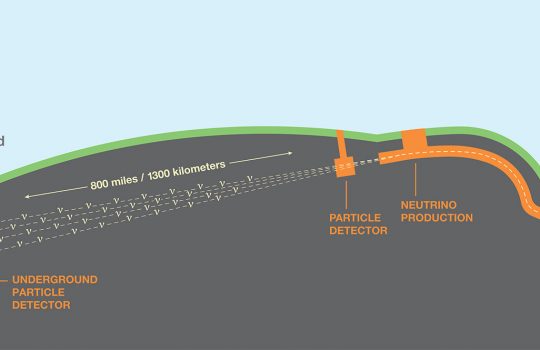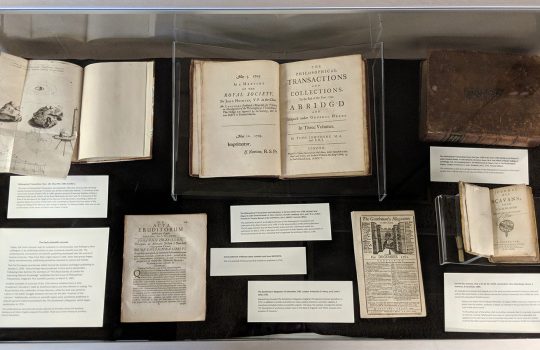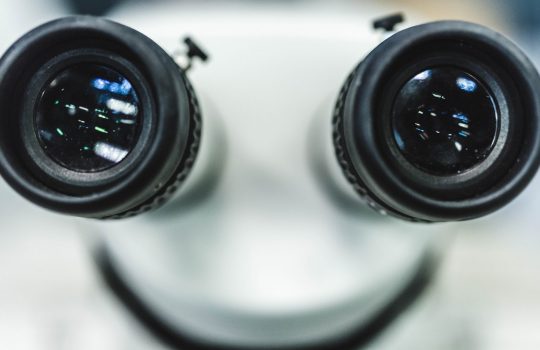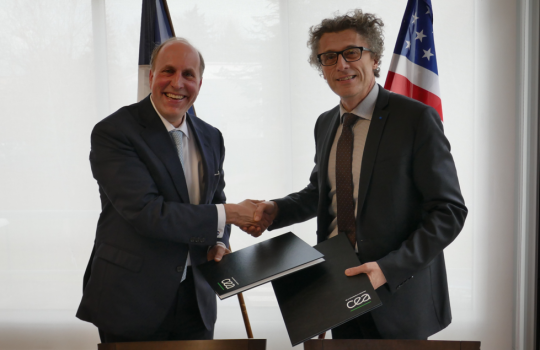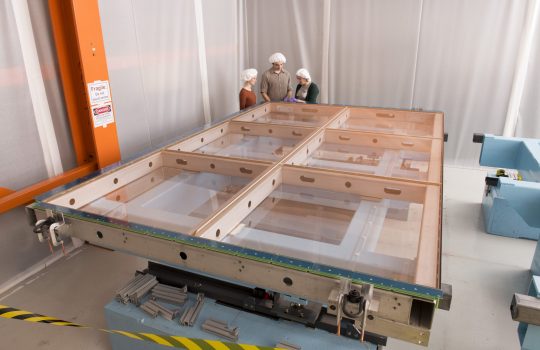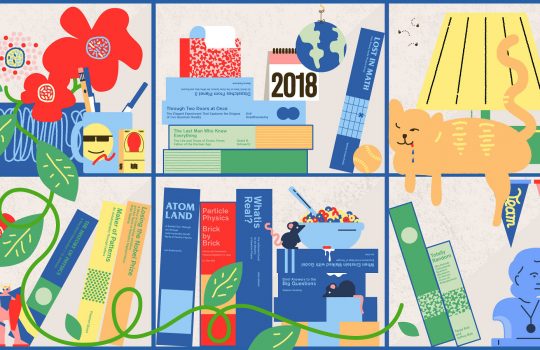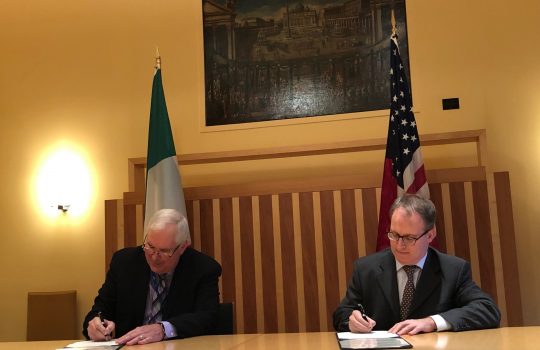Dark Energy Survey completes six-year mission
- astrophysics
- Chile
- cosmology
- dark energy
- Dark Energy Camera
- Dark Energy Survey
- Illinois
- University of Illinois at Urbana-Champaign
After scanning in depth about a quarter of the southern skies for six years and cataloguing hundreds of millions of distant galaxies, the Dark Energy Survey will finish taking data on Jan. 9. DES scientists recorded data from more than 300 million distant galaxies. More than 400 scientists from over 25 institutions around the world have been involved in the project, hosted by Fermilab. The collaboration has already produced about 200 academic papers, with more to come.

